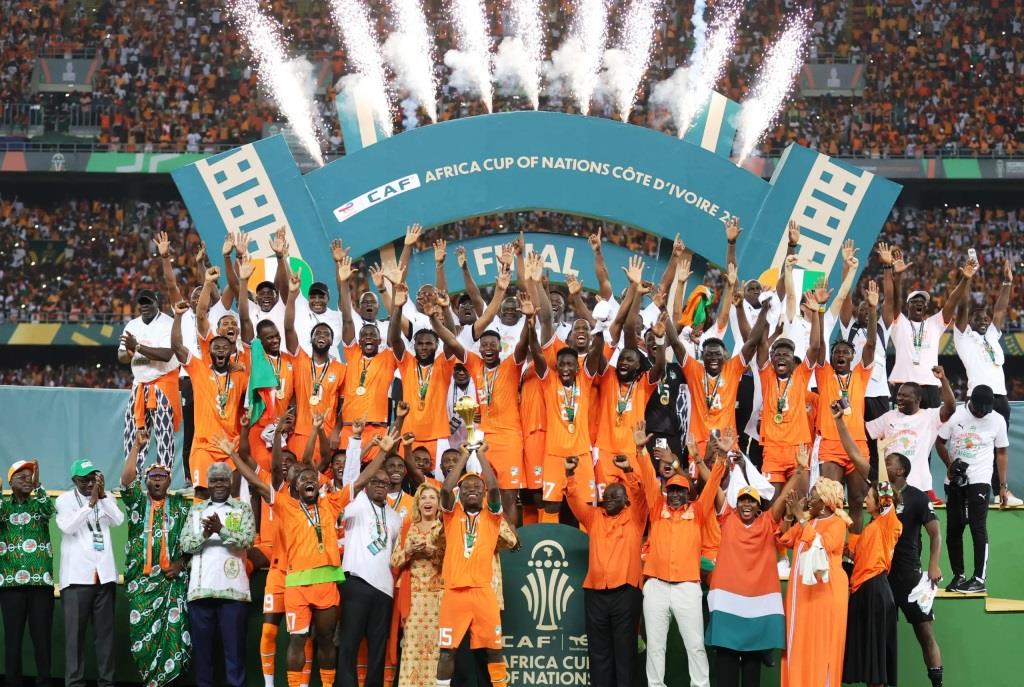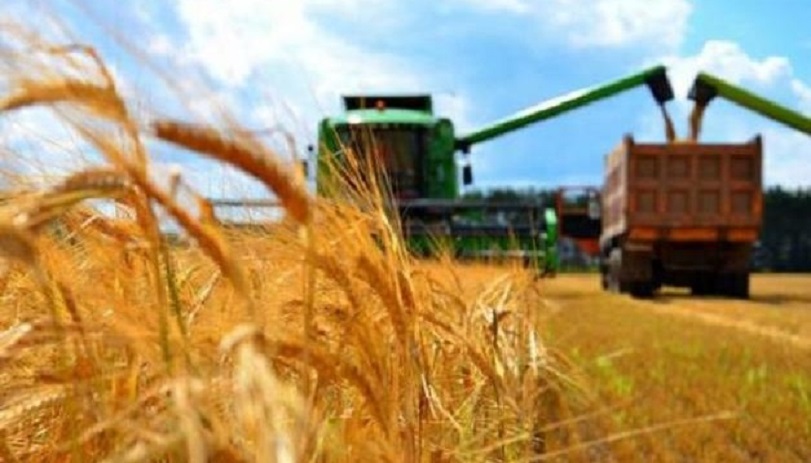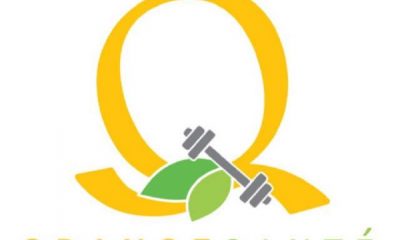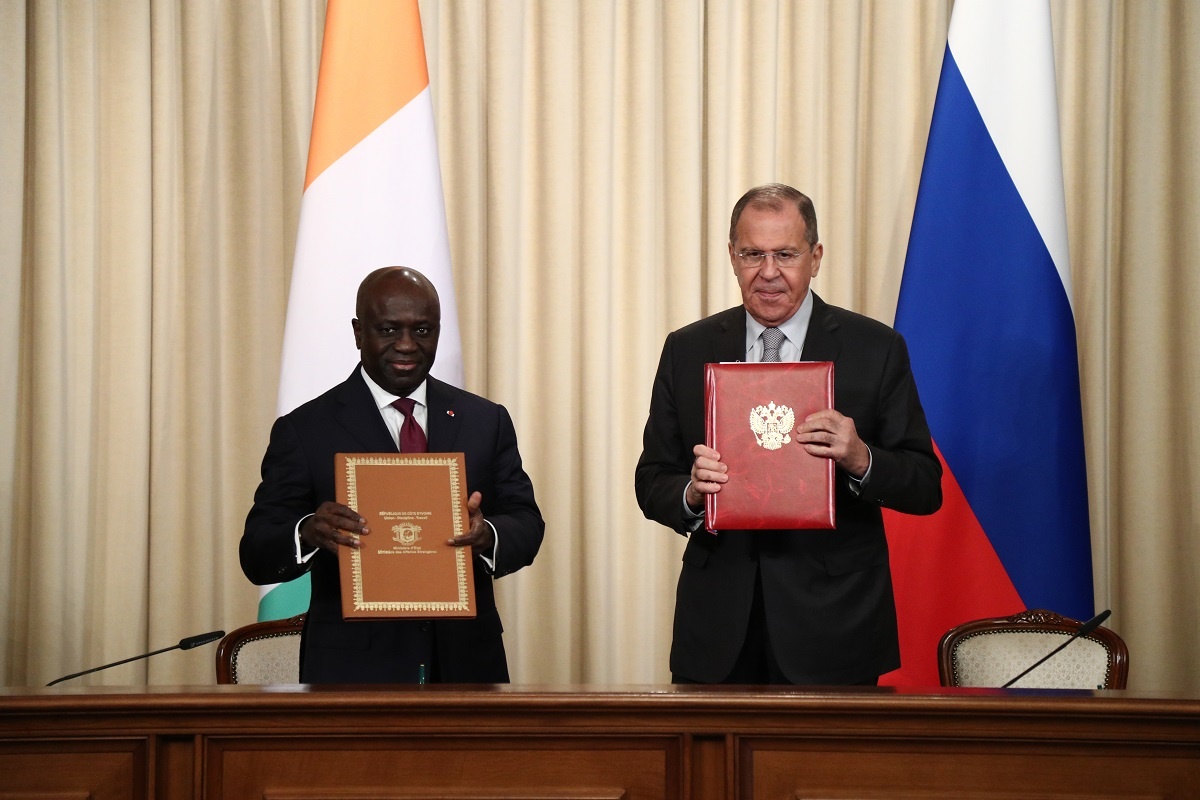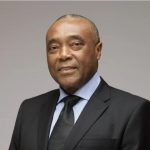World
Cote d’Ivoire Abandons Import Substitution Policy, Goes For Russian Grains, Others
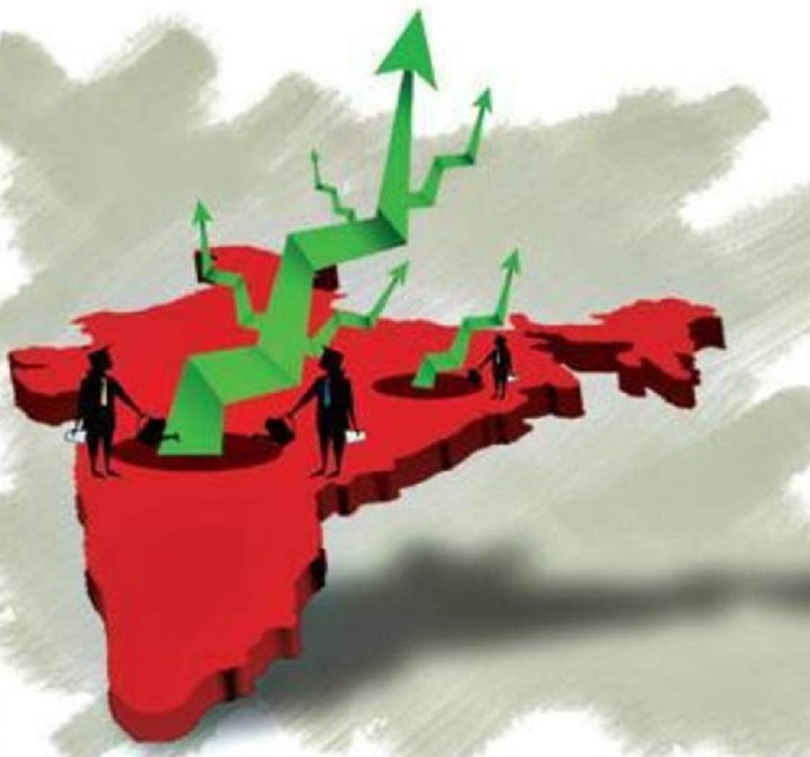
By Kestér Kenn Klomegâh
The Republic of Côte d’Ivoire has abandoned its import substitution policy and other economic measures, including the budgetary allocation for modernizing local agriculture and support for boosting domestic agricultural production. It, however, boasts around 64.8 per cent of arable and agricultural land, which largely remains uncultivated.
Arguably, Côte d’Ivoire, located on the Gulf of Guinea (Atlantic Ocean), could support its fishing industry by spending adequate funds on acquiring simple fishing equipment for local people and even start its own large-scale fish ponds but instead plans to increase fish imports into the country.
It was gathered that the West African country might spend an estimated $100 million on exports of Russian food and agricultural products this second quarter of 2023.
The Russian Agriculture Ministry’s Agroexport Center said it was ready to export such products to Côte d’Ivoire as its market is promising for exports, including grain, fish, sunflower and soybean oil, processed grain products and prepared meat products, among others.
Russian exports of agribusiness products to Côte d’Ivoire more than doubled to $41.6 million in 2021 from $18 million a year earlier, the report said. This included 96,100 tonnes of wheat worth $26.2 million, 12,900 tonnes of fish worth $8.7 million, 1,100 tonnes of sunflower oil worth $1.7 million and 400 tonnes of ice cream worth $0.5 million.
Statistics show that imports from the Côte d’Ivoire are far higher and grew to $237.5 million in 2021 from $223.7 million in 2020, although by the volume they dropped to 72,600 tonnes from 74,500 tonnes. These imports included 43,800 tonnes of cocoa beans worth $141.8 million, 18,100 tonnes of cocoa paste worth $69.3 million and 3,400 tonnes of cocoa powder worth $8.5 million.
“The decrease in Russian imports by volume was due to the reduction of purchases of cocoa beans and cocoa powder. At the same time, cocoa paste imports showed significant growth: 27% by volume and 37.2% by value,” the report said.
Around 7.5 million people made up the workforce. The workforce took a hit, especially in the private sector, with numerous economic crises since the 2000s. Decreasing job markets posed a huge issue as unemployment rates grew.
With rising unemployment, especially among the youth, experts suggested the government engage in economic diversification, focus on support for improving local production. Therefore, preliminary solutions proposed to decrease unemployment included diversifying the economy and increasing financial support in addressing domestic food security.
With an estimated population of 29 million, the economy of Côte d’Ivoire has grown faster than that of most other African countries since independence. One possible reason for this might be taxes on exported agriculture. It is the world’s largest exporter of cocoa beans. In 2021, cocoa-bean farmers earned $2.53 billion for cocoa exports. Generally, it is the fourth-largest exporter of general goods in sub-Saharan Africa (following South Africa, Nigeria, and Angola)
By geographical description, Côte d’Ivoire is a country in western sub-Saharan Africa. It borders Liberia and Guinea in the west, Mali and Burkina Faso in the north, Ghana in the east, and the Gulf of Guinea (Atlantic Ocean).
World
Unlocking NIDO Africa’s Economic and Investment Potential for Nigeria’s Development
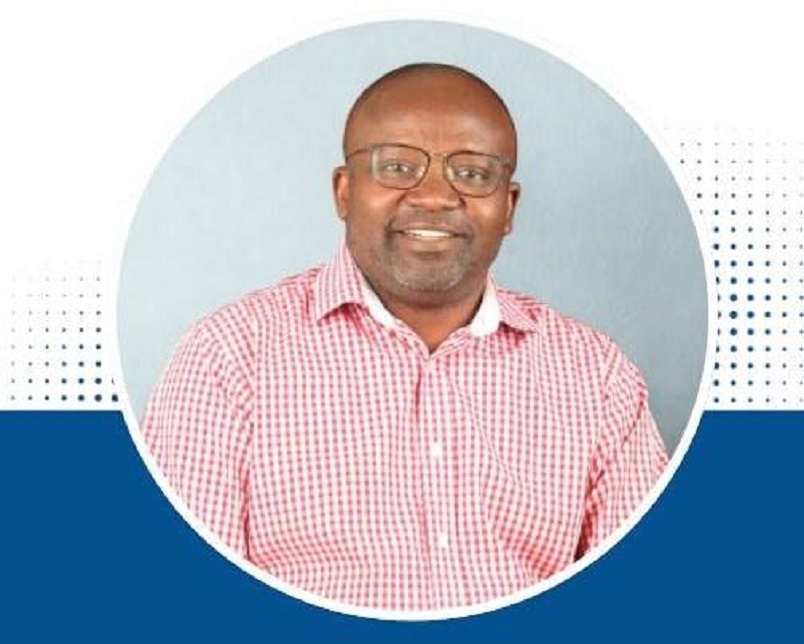
By Kestér Kenn Klomegâh
Over the past few years, Jude Osakwe, a Nigerian professor at the Namibian University of Science and Technology (NUST), Continental Chairman, Nigerians in Diaspora Organization (NIDO) Africa, has been working on various aspects of BRICS+ (Brazil, Russia, India, China and South Africa) collaborating with the Global South. Despite the huge noticeable differences in political systems, economic structures and cultural norms, Professor Osakwe unreservedly believes that this diversity can be a source of strength for aligning priorities and especially shaping economic interests for sustainable development. In 2024, for instance, Professor Osakwe presented papers at BRICS+ forums and conferences, organized in mid-March and in August, online BRICS+ discussions that highlighted Nigeria, together with African BRICS members (Ethiopia, Egypt and South Africa), their expected collective roles in the evolutionary development processes across Africa.
In addition, the members of BRICS+ are endowed with resources which, in terms of their level of geopolitical influence, have the potential capability and capacity to drive significant economic growth and development in the African region. However, the challenge is to get organized, hence the necessity to prioritizing dialogue among Nigerians in the Diaspora (NIDO) and its power dynamics, and build a stronger and more effective alliance that can positively impact the lives of millions of people in the Federal Republic of Nigeria, Africa and the Global South.
With the changing times, and shifting geopolitical situation, Professor Osakwe, in this insightful interview, argues that BRICS+ has the potential to drive significant economic growth and development across Africa. In this evolving process, he has further identified Nigeria in Diaspora throughout world, who can be uplifted to play an important role on the BRICS+ platform. The most essential factor here is the fact that Nigeria is currently in the “partner state” category awaiting to become a full-fledged member of BRICS+ in the near future. Here are the interview excerpts:
In practical terms, how would you characterize NIDO Africa in the context of the popular slogan “Africa We Want” as endorsed by the continental organization, the African Union (AU)?
In the context of the popular slogan “Africa We Want,” NIDO Africa can be characterized as a key organization working towards the vision of a united, integrated, and prosperous Africa. NIDO Africa brings together Nigerian professionals in the diaspora to contribute their skills, expertise, and resources to the development of Nigeria and Africa as a whole. This aligns with the African Union’s (AU) goal of fostering unity, solidarity, cohesion, and cooperation among African nations. NIDO Africa’s focus on promoting economic growth, trade, and investment across Africa reflects the AU’s commitment to creating a prosperous and self-reliant continent.
Does Nigeria, as a West African economic power, face similar challenges for integrating and uniting its nationals for development? How would you assess Nigeria’s economy today under President Bola Tinubu?
Nigeria, as a West African economic power, faces similar challenges to other African nations in terms of integrating and uniting its population for development. These challenges include political instability, corruption, inadequate infrastructure, and income inequality. Nigeria’s economy has been heavily reliant on oil exports, which has led to a lack of diversification and vulnerability to fluctuations in global oil prices. While there have been some efforts to diversify the economy and promote non-oil sectors, much work remains to be done to create sustainable and inclusive growth.
Judging from above, NIDO Africa is perhaps prioritizing economic sectors such as agriculture and industry, and increasing exports in the framework of AfCFTA. How and what approach do you envisage in creasing value-added exportable goods? Besides internal market, why external markets are important for NIDO Africa?
NIDO Africa’s focus on agriculture and industry, as well as increasing exports, aligns with the goals of the African Continental Free Trade Area (AfCFTA) to promote intra-African trade, industrialization, and economic diversification. To increase value-added exportable goods, NIDO Africa can prioritize the development of local industries and the promotion of innovation and technology. This can be achieved through partnerships with local and international organizations, the provision of training and capacity building, and the facilitation of access to finance and markets. External markets are important for NIDO Africa as they provide additional opportunities for trade and investment, as well as access to new technologies, knowledge, and expertise.
(A) To increase value-added exportable goods in the sectors of agriculture and industry, NIDO Africa could adopt the following approaches:
(i) Encourage innovation and research: NIDO Africa can invest in research and development to improve production processes, create new products, and enhance the quality of existing ones. This will not only increase the value of exportable goods but also make them more competitive in the global market.
(ii) Promote skills development and capacity building: NIDO Africa can collaborate with educational institutions and training centers to provide specialized training and skill development programs for workers in the agriculture and industry sectors. This will improve productivity, efficiency, and the overall quality of exportable goods.
(iii) Facilitate access to finance: NIDO Africa can work with financial institutions to create financing options for small and medium-sized enterprises (SMEs) in the agriculture and industry sectors. This will help them to scale up their operations, invest in new technologies, and expand their export capacity.
(iv) Foster partnerships and collaborations: NIDO Africa can encourage partnerships and collaborations between local businesses, international companies, and research institutions to share knowledge, resources, and expertise. This will create synergies that can lead to the development of innovative products and services that are competitive in the global market.
(v) Advocate for favourable policies and trade agreements: NIDO Africa can lobby for policies and trade agreements that support the growth and competitiveness of the agriculture and industry sectors. This includes advocating for the removal of trade barriers, the provision of tax incentives, and the establishment of special economic zones.
(B) External markets are important for NIDO Africa for several reasons:
(i) Diversification of markets: By expanding into external markets, NIDO Africa can reduce its dependence on a single market and minimize the risks associated with fluctuations in demand, supply, and prices.
(ii) Increased revenue: Exporting goods to external markets can generate additional revenue for businesses and contribute to the growth of the Nigerian economy.
(iii) Technological and knowledge transfer: Engaging in trade with other countries can facilitate the transfer of technology and knowledge, leading to the development of new products, processes, and services.
(iv) Enhanced competitiveness: Exporting to external markets can help businesses to improve their competitiveness by exposing them to new challenges and opportunities.
(v) Economic integration: Participating in the African Continental Free Trade Area (AfCFTA) can help to promote economic integration and cooperation among African countries, leading to the development of a more prosperous and stable continent.
Can you also discuss the economic advantages of Federal Republic of Nigeria, in the ‘partner state’ category of Brazil, Russia, India, China and South Africa (BRICS)?
Nigeria, as a member of the BRICS partner state category, can benefit from economic advantages such as access to a larger market, increased investment opportunities, and technology transfer. Nigeria can leverage its position to attract investment from BRICS countries in sectors such as infrastructure, energy, and agriculture. Additionally, Nigeria can benefit from the BRICS’ focus on promoting South-South cooperation and supporting the development of African countries.
NIDO Africa’s priority is to increase trade, most probably, to the United States. Does Nigeria support de-dollarizing U.S. currency? What is African Growth and Opportunity Act (AGOA) and its future prospects for NIDO Africa?
NIDO Africa’s priority to increase trade aligns with the goals of the African Growth and Opportunity Act (AGOA), which aims to promote economic growth and development in Africa by providing duty-free access to the US market for certain African exports. While Nigeria is a beneficiary of AGOA, there is potential for further expansion of trade relations between the two countries. De-dollarizing the US currency may not necessarily be a priority, as the US remains an important trading partner for Nigeria and Africa as a whole. However, diversifying trading partners and currencies can help to mitigate risks and promote economic resilience. The future prospects of AGOA for NIDO Africa will depend on the ability of both Nigeria and the US to maintain a strong and mutually beneficial trade relationship, as well as the continued commitment of the US to support African economic development.
World
Agrifood Experts, UN Disagree on Elimination of Trans-Fatty Acids in Diets
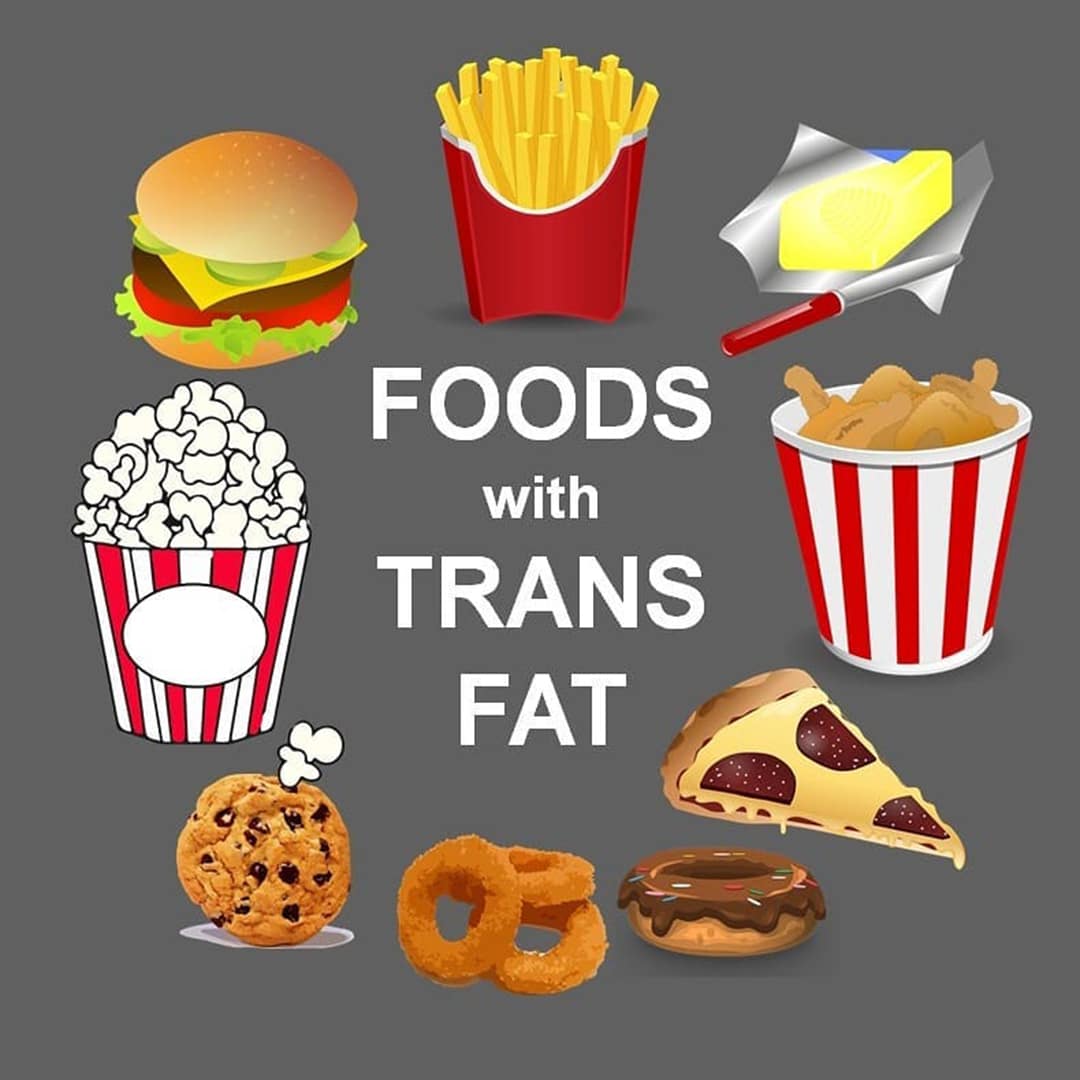
By Aduragbemi Omiyale
About 115 agrifood experts, government advisors and business leaders from Africa and South East Asia have knocked the United Nations for backing the elimination of trans-fatty acids from global diets, stressing this denies the world’s poorest the nutritional benefits of milk and meat.
In a protest letter endorsed by signatories from Nigeria, Kenya, Tanzania, the International Livestock Research Institute (ILRI), the Global Alliance for Improved Nutrition (GAIN), the Global Roundtable for Sustainable Beef, the African Union Inter-African Bureau for Animal Resources (AU-IBAR), and the African Journal of Food, Agriculture, Nutrition and Development (AJFAND), it was argued that while industrial sources of trans-fatty acids contribute to non-communicable diseases like diabetes and heart disease, animal-source foods contain low levels of trans-fatty acids that may even offer health benefits.
The UN, in a bid to reduce non-communicable diseases (NCDs), proposed the elimination of all trans-fatty acids from global diets.
“The risk of a blanket commitment to eliminate all trans-fatty acids is that it unnecessarily discourages the consumption of highly nutritious dairy, meat and other animal-source foods. And once again, the burden will fall heaviest on low- and middle-income countries, where nutrient-rich meat, milk and dairy are already under-consumed,” a part of the open letter to UN negotiators stated.
“A single glass of milk is among the most affordable, nutrient-rich foods available — milk has been shown to reduce stunting in children and lessen the burden of hunger,” a nutrition expert and ILRI’s Director General’s Representative to Ethiopia, said Namukolo Covic, noted.
“Industrially-produced trans-fatty acids come from food processing, a sector that is still in its infancy in many African countries. These countries have the opportunity to create a new food future as their food systems transform. These food systems must transform towards eliminating industrially derived trans-fat,” Covic added.
“For people in low-income settings, animal-source foods are often the only reliable and available source of essential nutrients, we need a nuanced approach supported by sustainability solutions.
“UN negotiators must ensure this resolution recognizes the distinction between the large amounts of trans-fats of industrial origin and the low levels naturally occurring in animal-source foods,” a professor in Food Science and Nutrition and Editor-in-Chief of the African Journal of Food, Agriculture, Nutrition and Development, Ruth Oniang’o, submitted.
“The contribution of animal-source foods to trans-fatty acids is very low compared to industrially derived trans-fats and should be weighed against their contributions to nutrient density, given their nutritional benefits even in small quantities,” she added.
NCDs disproportionately impact developing countries, where obesity and diet-related disease in adulthood are closely linked to undernutrition in the first 1,000 days of a child’s life. In 2023, one in every five Africans faced hunger and around a third of children under five were affected by stunting.
Animal-source foods like meat and milk are energy-dense and a rich source of high-quality proteins and micronutrients, including Vitamins A and B12, riboflavin, calcium, zinc and iodine.
Research has found that a child who drinks milk daily can grow up to three per cent more in a month than a child who does not, yet average annual milk consumption can be as low as just 1kg per person per year in some developing countries.
The draft resolution is currently under review with member states with a final draft due to be presented for endorsement at the UN General Assembly in September.
In the meantime, countries will gather in New York from July 14 to 23 for the UN’s High-Level Political Forum, which will assess progress towards Sustainable Development Goal 3 (Good Health and Wellbeing) among others.
World
BRICS at Rio de Janeiro: And What Next?
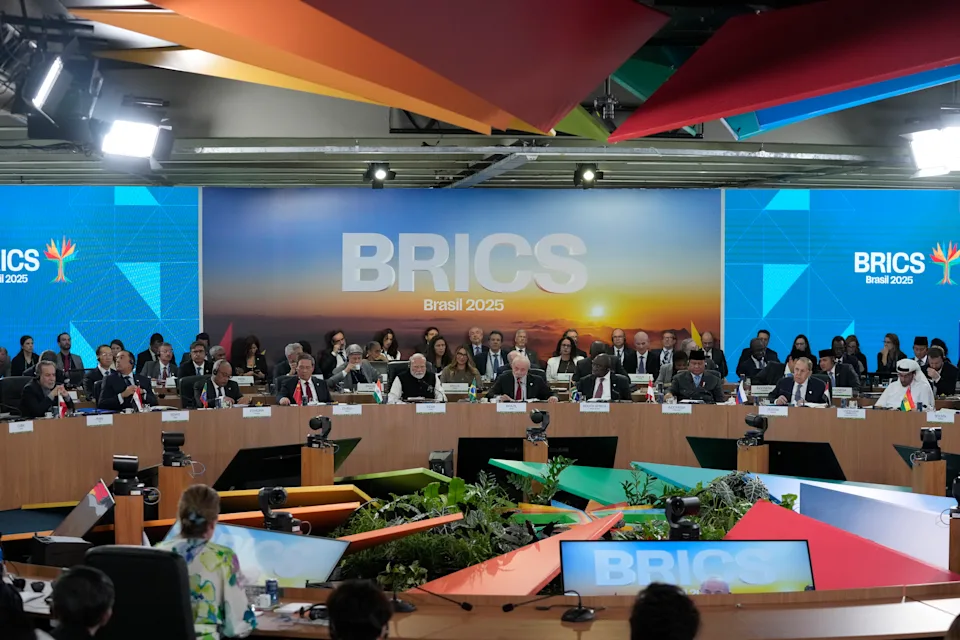
By Kestér Kenn Klomegâh
Popularly referred to as BRICS, the informal group of emerging-market economies (Brazil, Russia, India, China and South Africa), meeting in Rio de Janeiro, has outlined a new unprecedented multitude of goals to challenge unipolar system. In the context of rising uncertainty, BRICS has further set up new models to change the economic architecture through South-South cooperation.
Brazilian President Luiz Inacio Lula da Silva hosted early July BRICS summit in Rio de Janeiro, capital city of Brazil. U.S. President Donald Trump’s position on many sensitive issues has offered the association something of a dilemma. In a joint statement decried “the rise of unjustified unilateral protectionist measures” and the “indiscriminate raising” of tariffs. BRICS members all agree that “these tariffs are not productive,” Ambassador Xolisa Mabhongo, South Africa’s lead negotiator, or sherpa, said in an interview. “They are not good for the world economy. They are not good for development.”
President Luiz Inácio Lula da Silva has a raft of controversies with United States over the introduction of single BRICS currency, a suggestion he mooted in 2023. Besides that Brazil is currently facing steep economic challenges in the face of trade frictions with the United States. Majority of his citizens are facing deportation, it implies significant fallen in remittances and that would worsen social and financial standing of families across Brazil. It has had diverse criticisms, so are other new BRICS members with vastly different political and economic systems, and yet advocating for reshaping the global balance of power. Most of them are negotiating to be at discussion table, to straighten economic ties, with President Donald Trump.
On one hand, BRICS leaders seriously Trump’s “indiscriminate” import tariffs and other trade policies. On the other hand, Trump has also warned that countries which sideline with the policies of the BRICS alliance against United States interests will be hit with an extra 10% tariffs.
BRICS summit further called for strengthening multilateralism. China unreservedly underscored its desire to work with member states to “strengthen the BRICS strategic partnership and safeguard multilateralism,” Foreign Ministry spokesperson Mao Ning said in a briefing in Beijing. With noticeable policy and economic disparities, its rapid expansion to include Egypt, Ethiopia, Iran, Indonesia and the United Arab Emirates bolstered its representation — the new BRICS accounts for about 40% of global GDP and roughly half the planet’s population.
BRICS policy to build a multipolar world has attracted developing countries. Trade among the five original BRICS nations grew 40% between 2021 and 2024 to US$740 billion a year, according to International Monetary Fund data.
Emerging Tasks from Rio de Janeiro
Brazil took over from Russia last year December, promised to put in complete order housekeeping issues — officially termed institutional development — on the agenda to better integrate new members and boost internal cohesion. With ten (10) partner members that includes Belarus, Cuba and Vietnam, BRICS plans to work ‘ad hoc practical cooperation’ basis. These partner states have absolutely no decision-making authority as full members. The enlarged bloc is now characterized by emerging potential opportunities but deepening frictions. BRICS is increasingly experiencing complexities based on their individual priorities and geopolitical orientations. Yet the bloc, often denying the unpredictable stage of stark realities, continues boasting of coherence and systemic efforts toward creating a multipolarity.
BRICS boasts of huge resources, and substantially claims to be ahead of other groups in this parameter, including G7 with US$57 trillion. Further to that, BRICS has many supporters in the Global South and East.
At the tail-end of the July 6th to 7th summit, BRICS reset new tasks, little achievements were highlighted by speakers, in addition to those previously rattled phrases such as BRICS leads ‘multipolar world’ and be guided as key centres of global governance and work collective towards economic growth, and further gravitate the development of markets in the Global South. The question of payment in local currencies was underscored while BRICS members emphasized reducing the use of dollar in currency transactions. In fact, several promising initiatives have, thus become future responsibilities of India, who takes up the BRICS Chairmanship.
Russia’s Achievements
During the final summit at Kazan, which was held in October 2024, Russia established a category of BRICS partner states. In addition, Russia proposed creating a whole new BRICS investment platform. The idea behind it is to jointly develop coordinated instruments to support and to bring in the funds from the economies of BRICS countries and from the Global South and Global East countries. It suggested launching a special mechanism for holding consultations on World Trade Organisation matters. The processes for creating a grain exchange, a climate research centre, a permanent logistics platform, and a sports cooperation programme in BRICS are moving forward.
There are other valuable ideas proposed by Russia, which include the formation of a carbon market partnership, an arbitration investment centre, a fair competition platform, and a permanent tax secretariat within BRICS.
In September, Moscow will host Intervision, a popular international television song contest which has got the attention of numerous performers from BRICS and BRICS partner countries who confirmed their willingness to participate in it. A humanitarian project of that magnitude is designed to promote universal, cultural, family, and spiritual values shared by members.
India’s Proposals
With participation of BRICS members, partners and outreach invitees, India proposed the creation of BRICS Science and Research Repository to promote collaboration in critical areas, highlighted its initiatives in agri-biotech and digital education access, calling on BRICS to adopt a demand-driven approach and ensure long-term financial sustainability in New Development Bank (NDB) projects.
China’s Suggestions
Chinese Premier Li Qiang praised the complementary advantages and suggested broader forms of cooperation in such areas as digital economy, green economy, sci-tech innovation and aerospace. From notable indications, China stands ready to closely work with members and partners in enriching the dimensions both on bilateral basis and multilateral relations. China expressed high concerns over achieving concrete results, rather than mere high-quality rhetoric. Premier Li Qiang further talked about BRICS working within multilateral frameworks such as the United Nations, the G20 and the African Union (AU), Eurasia and the Community of Latin American and Caribbean States.
New Development Bank
The BRICS Bank President, Dilma Rousseff, has officially welcomed Colombia and Uzbekistan as new members. The membership now totalled 11 members, including Brazil, Russia, India, China, South Africa, Bangladesh, the United Arab Emirates, Egypt, and Algeria. “We have several other countries under observation and review, and they may join the bank in the future,” Rousseff stated at the briefing in Rio de Janeiro, Brazil.
The NDB, established in 2015 as a multilateral development bank, operates with full respect for the sovereignty and development priorities of its member countries. Based in Shanghai, the bank has already approved over 120 projects worth a total of US$40 billion, focusing on areas such as clean energy, transport infrastructure, environmental protection, and social infrastructure.
Final Declaration
After the plenary session the final Declaration of the 17th BRICS summit – “Rio de Janeiro Declaration” – was adopted on 6th July 2025. The document welcomed Indonesia as a new BRICS member, and the following Belarus, Bolivia, Kazakhstan, Cuba, Nigeria, Malaysia, Thailand, Vietnam, Uganda, and Uzbekistan as BRICS partner countries.
The 126 point-document passed on the Chairmanship to India in 2026 and the holding of the XVIII BRICS Summit in India. The document acknowledged the significance of (i) Strengthening Multilateralism and Reforming Global Governance (ii) Promoting Peace, Security and International Stability (iii) Deepening International Economic, Trade and Financial Cooperation (iv) Combating Climate Change and Promoting Sustainable Development (v) Partnerships for the Promotion of Human, Social and Cultural Development
Conclusion
Analysts say in a summarized comment that despite the glaring inconsistencies among the group, even as they have, somehow, managed to speak with one voice on major international issues, China and India both interested to lead the BRICS and the Global South as a whole. India Prime Minister Narendra Modi takes over the BRICS presidency for 2026, as he explained that the group’s diversity is its strength, and shares collective commitment to emerging multipolar world. Original members of the bloc Brazil, Russia, India, and China have been joined by South Africa and, more recently, by Saudi Arabia, Iran, the United Arab Emirates, Egypt, Ethiopia and Indonesia.
Kestér Kenn Klomegâh has a diverse work experience in the field of business intelligence and consultancy. His focused research interest includes geopolitical changes, foreign relations and economic development related questions in Africa with external countries. Klomegâh has media publications, policy monographs and e-handbooks
-

 Feature/OPED5 years ago
Feature/OPED5 years agoDavos was Different this year
-
Travel/Tourism9 years ago
Lagos Seals Western Lodge Hotel In Ikorodu
-

 Showbiz3 years ago
Showbiz3 years agoEstranged Lover Releases Videos of Empress Njamah Bathing
-

 Banking7 years ago
Banking7 years agoSort Codes of GTBank Branches in Nigeria
-

 Economy2 years ago
Economy2 years agoSubsidy Removal: CNG at N130 Per Litre Cheaper Than Petrol—IPMAN
-

 Banking2 years ago
Banking2 years agoFirst Bank Announces Planned Downtime
-

 Sports2 years ago
Sports2 years agoHighest Paid Nigerian Footballer – How Much Do Nigerian Footballers Earn
-

 Technology5 years ago
Technology5 years agoHow To Link Your MTN, Airtel, Glo, 9mobile Lines to NIN



